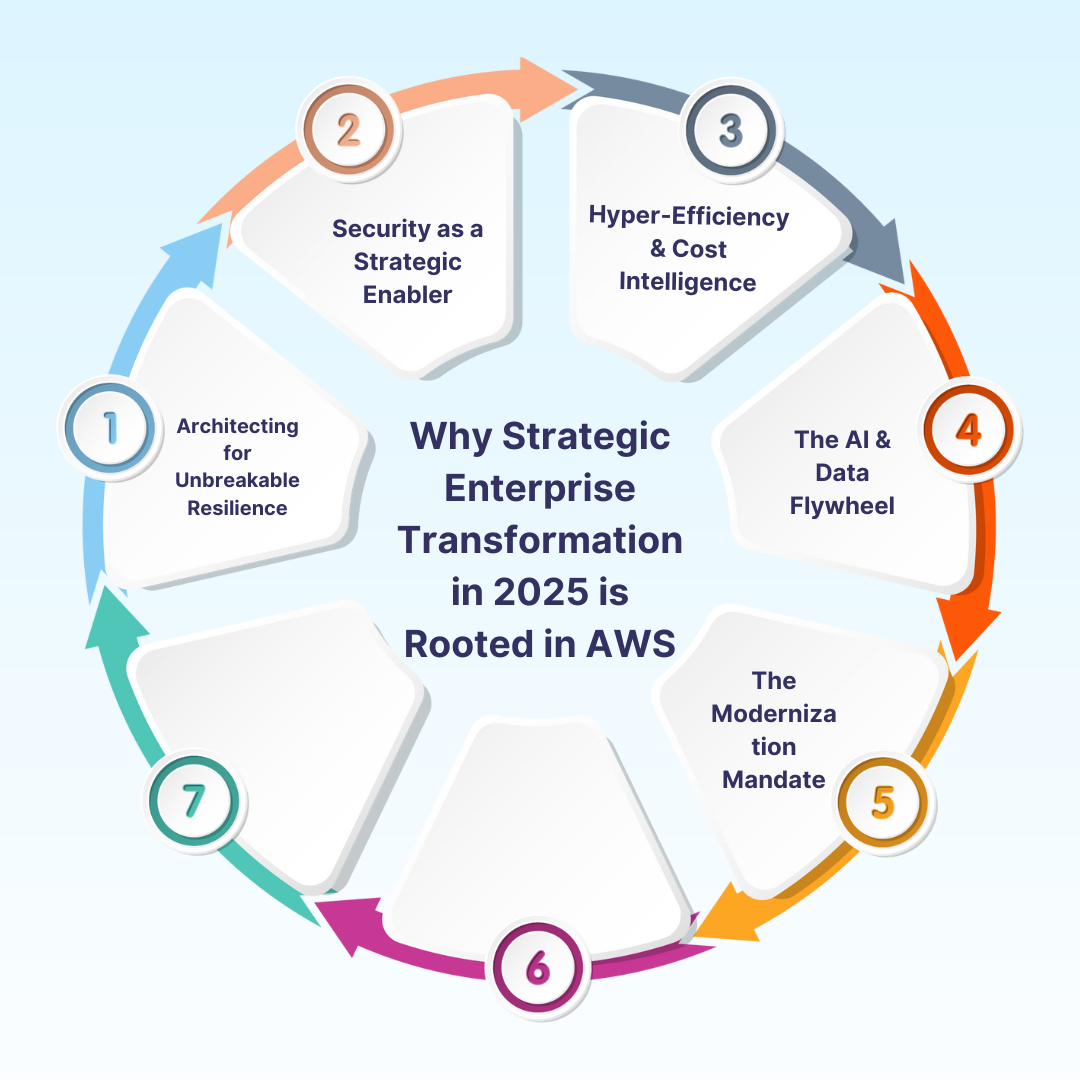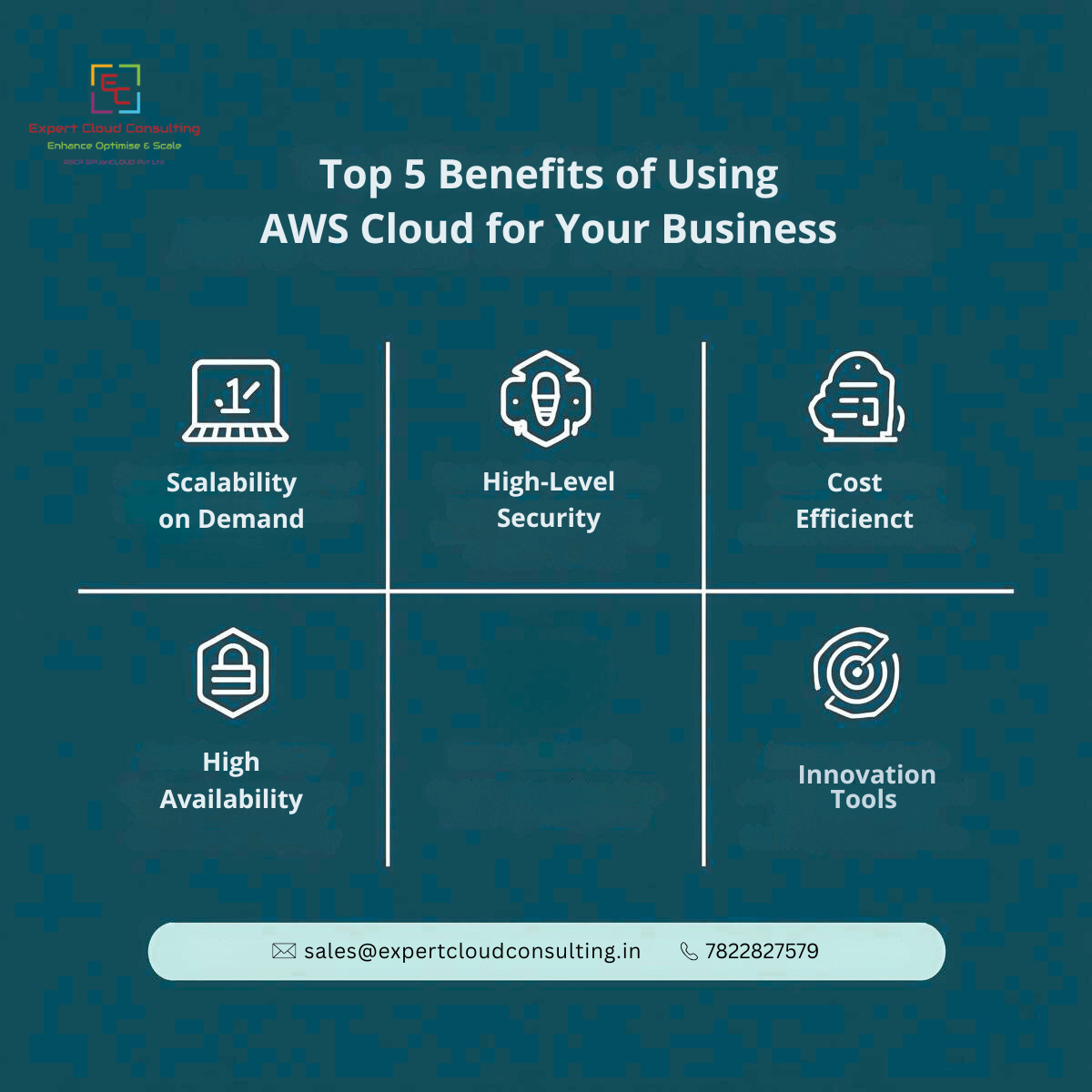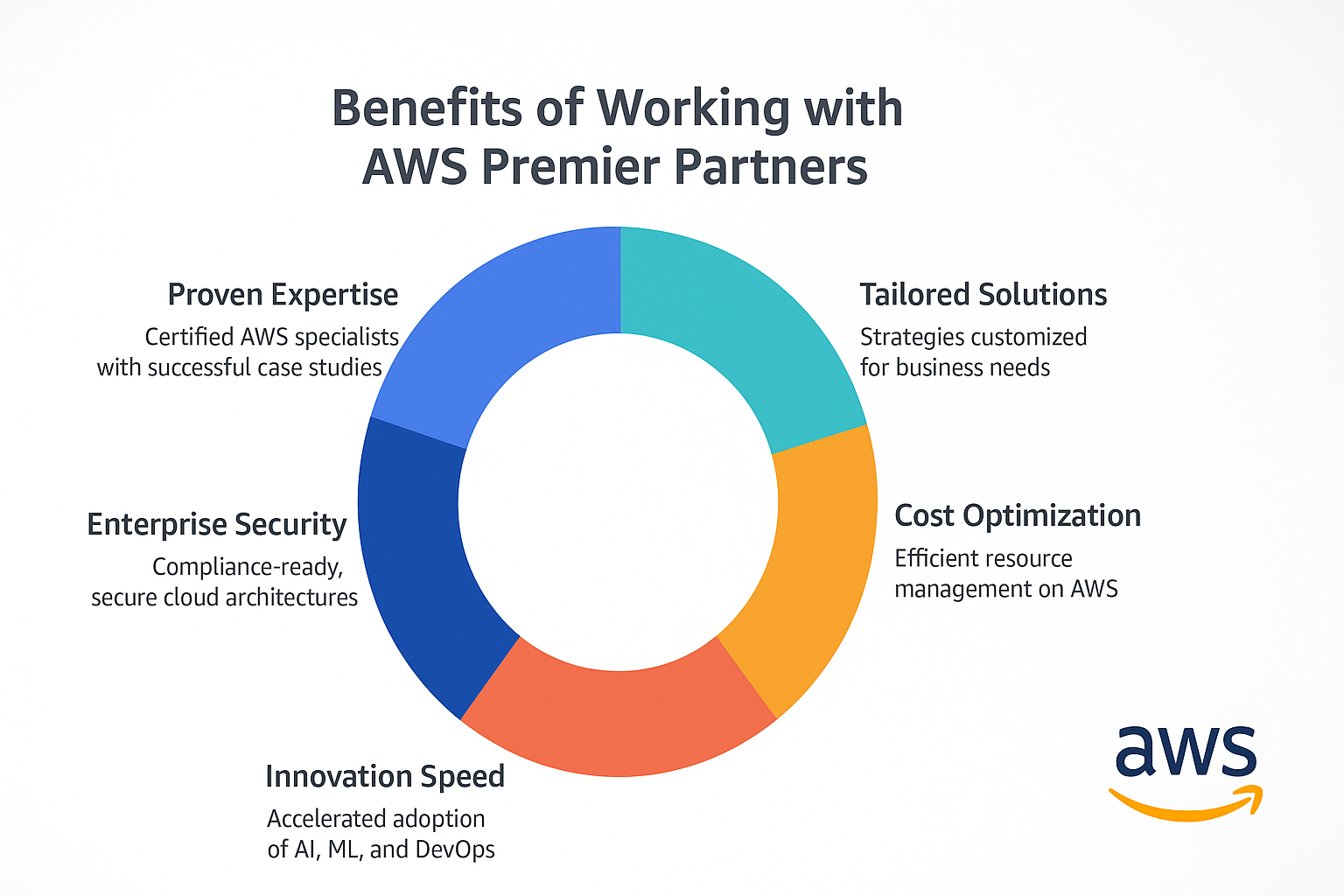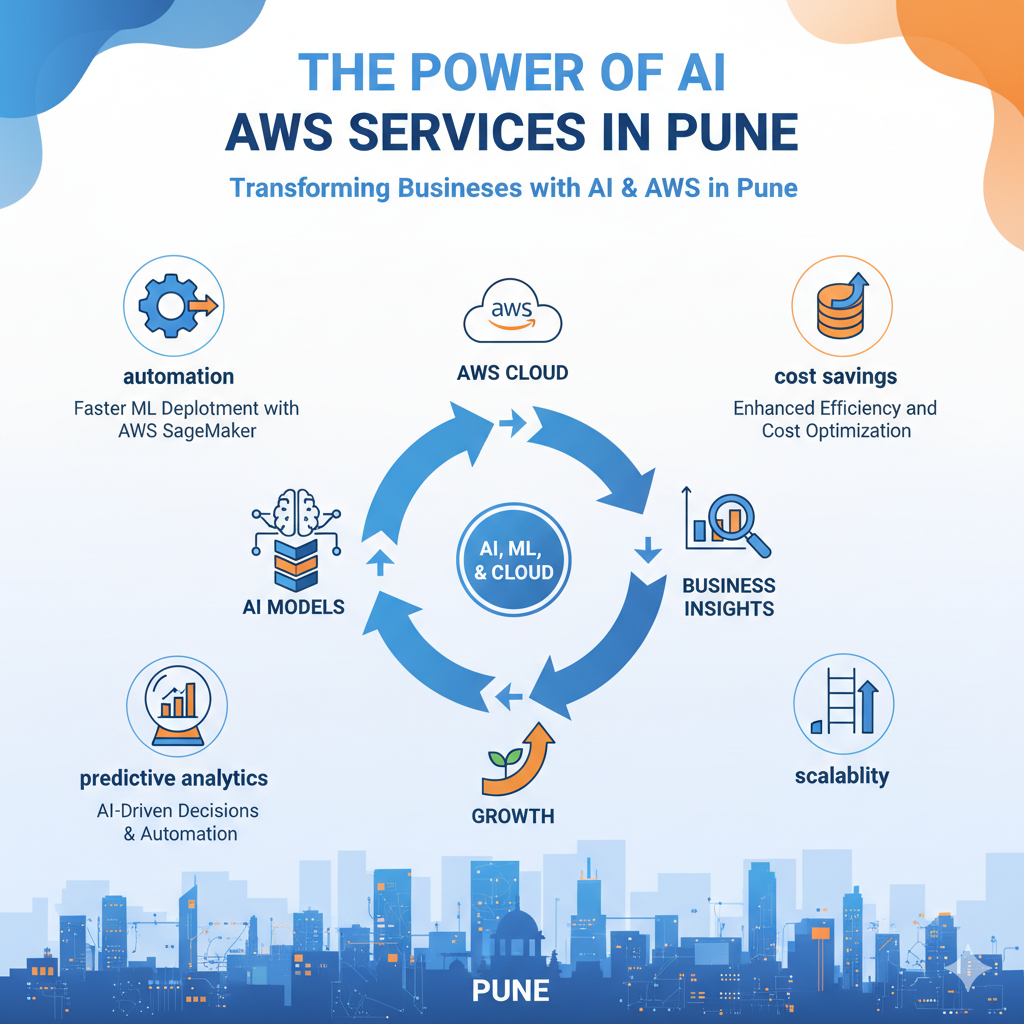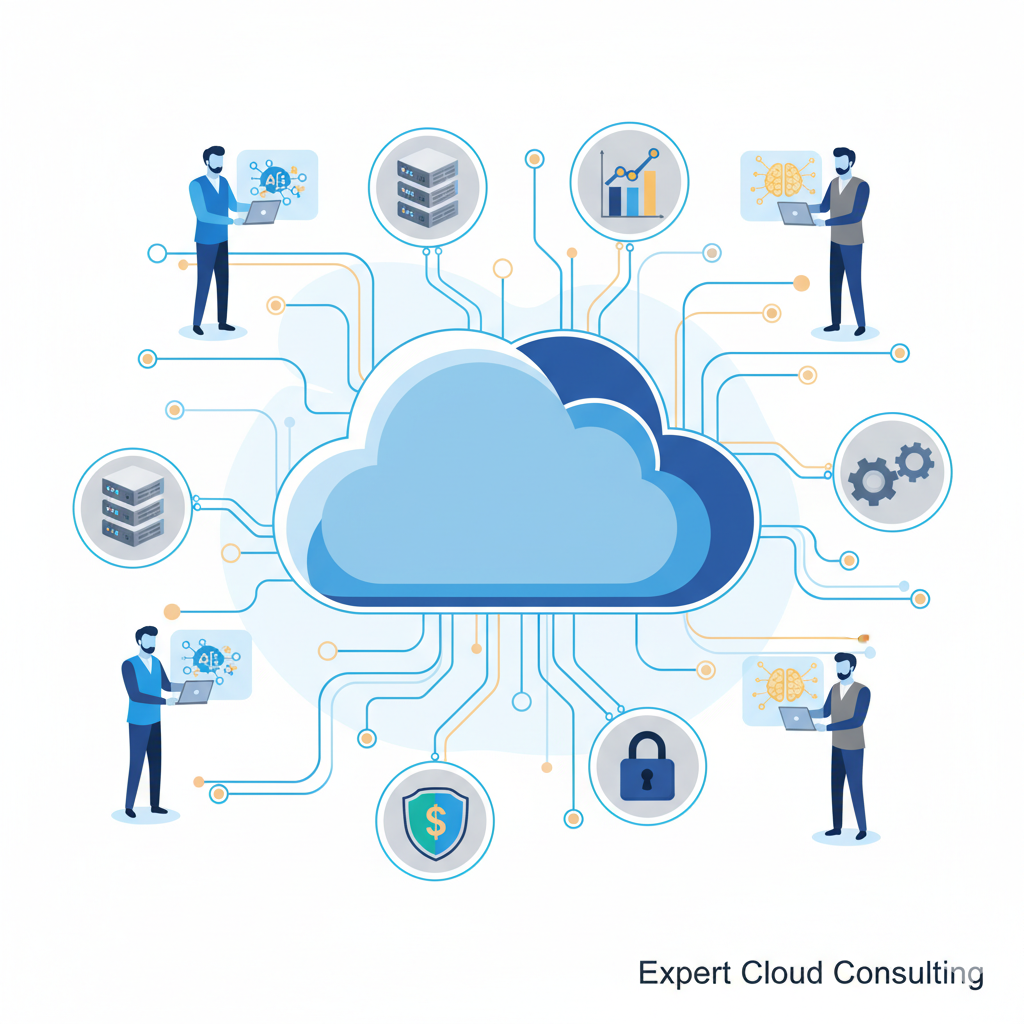Introduction:
In today's fast-paced digital landscape, where organizations strive to deliver software at an accelerated rate, the DevOps methodology has gained significant popularity. DevOps emphasizes collaboration and automation, enabling development and operations teams to work together seamlessly. However, in the rush to deploy software quickly, security can often be overlooked. This oversight can lead to vulnerabilities and expose organizations to significant risks. To mitigate these risks, security must be integrated into every stage of the DevOps pipeline. In this blog post, we will explore the importance of incorporating security practices throughout the entire DevOps lifecycle.
The DevOps Pipeline Overview
The DevOps pipeline consists of several stages, including planning, coding, building, testing, releasing, deploying, and monitoring. Each stage plays a crucial role in the software delivery process. Traditionally, security has been an afterthought, addressed late in the development cycle or during the operations phase. However, this approach is no longer sufficient in today's threat landscape.
Why Security Integration is Essential
- Early Detection of Vulnerabilities: By integrating security from the planning stage, potential vulnerabilities can be identified and addressed early on. Security professionals can collaborate with development teams to perform threat modeling exercises, conduct risk assessments, and implement security controls. This proactive approach minimizes the chances of critical vulnerabilities being introduced into the codebase.
- Continuous Security Testing: In a DevOps environment, automation is key. By integrating security testing tools and techniques into the pipeline, organizations can automate the scanning of code, dependencies, and infrastructure for security flaws. This continuous security testing approach ensures that vulnerabilities are identified and remediated as soon as possible.
- Shift Left Mentality: The concept of "shift left" in DevOps promotes moving tasks and activities to earlier stages of the software development process. Similarly, security should be shifted left to catch vulnerabilities as early as possible. By integrating security practices into the coding and building stages, developers can receive immediate feedback on potential security issues, leading to faster remediation.
- Reduced Time to Remediation: By identifying security issues early and integrating security practices throughout the pipeline, the time required to address vulnerabilities is significantly reduced. This proactive approach prevents security flaws from progressing to later stages, where they can become more complex and costly to fix.
- Compliance and Regulatory Requirements: Organizations must adhere to various compliance and regulatory standards depending on their industry. By incorporating security controls into every stage of the DevOps pipeline, companies can ensure that they meet these requirements consistently. This approach reduces the burden of retroactively implementing security measures and demonstrates a proactive commitment to security.
- Continuous Monitoring: Security is an ongoing process that requires constant vigilance. By integrating security into the monitoring stage, organizations can detect and respond to potential threats promptly. This includes monitoring for suspicious activities, abnormal behavior, and potential breaches, enabling a timely response to mitigate risks.
Conclusion
Incorporating security into every stage of the DevOps pipeline is crucial for building resilient and secure software systems. It allows organizations to identify and address vulnerabilities early, automate security testing, and reduce time to remediation. By adopting a shift-left mentality and proactively integrating security practices, businesses can mitigate risks, comply with regulatory requirements, and enhance their overall security posture. In today's evolving threat landscape, security cannot be an afterthought but must be a fundamental component of the DevOps culture. Embracing security throughout the entire software delivery lifecycle is essential for successful, secure, and efficient DevOps practices.
#SecureDevOps #CyberSecurity #SecureCoding #Automation #ThreatMitigation #SecureSoftware


